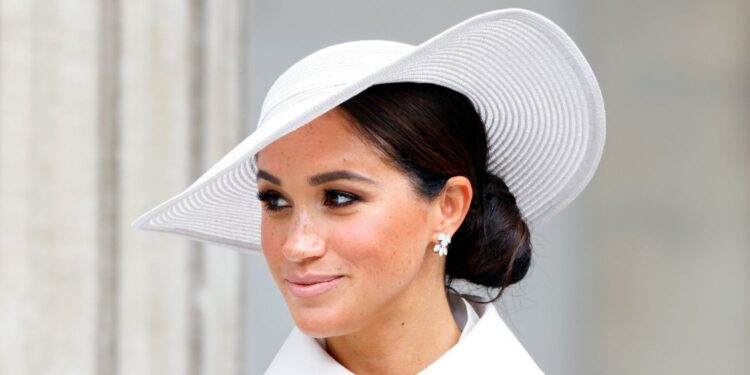Introduction to the Duchess of Sussex
Meghan Markle, upon her marriage to Prince Harry on May 19, 2018, was bestowed the title of the Duchess of Sussex. Despite their high profile, the couple’s titles often cause confusion among followers who may wonder what it truly means to bear such a title. For Markle, the title not only represents her role but also signifies her family’s identity, even if it isn’t a conventional surname.
The Origin of the Title
This noble title was granted by Queen Elizabeth, making Markle the first-ever Duchess of Sussex. Unlike titles of Prince and Princess, which are inherited, the title of Duke or Duchess is a conferred rank, usually on the occasion of a royal marriage. Similar to other prominent royal couples, like Prince William and Kate Middleton, Markle and Harry received their titles upon their nuptials, a customary recognition by the monarch.
The Role and Responsibilities
The role of a Duchess comes with various responsibilities, predominantly within public service and acting as patron for organizations. As a senior royal, Markle took active roles in organizations such as the National Theatre and the Association of Commonwealth Universities. However, following their decision to step back as senior members in 2020, these patronages were returned to the Queen.
The societal expectations of a Duchess, beyond her specific public duties, involve maintaining the dignity and public image appropriate to royal status. This includes engagements and humanitarian work, often defined by the monarch’s vision.
A Title Beyond Public Duty
The essence of being a Duchess transcends formal duties. As Meghan herself described, the title connects her to her children and stands as a family symbol. While not an official surname, it resonates personally as a ‘little family name’ shared with her offspring.
Title Retention Upon Royal Exit
When the couple chose to step down from their senior roles, questions arose regarding the retention of their noble titles. While they no longer possess the ‘His/Her Royal Highness’ style, the title of Duke and Duchess remains with them, as removing it would require parliamentary action, a step that seems unlikely. While theoretically reversible, Meghan and Harry are set to hold their titles for life.
Interestingly, their children, Archie and Lilibet, inherit the titles Prince and Princess from Harry, solidifying the family’s connections to their royal heritage even after stepping back.
Conclusion
The role of the Duchess of Sussex is laden with historical, familial, and societal implications. For Meghan Markle, it signifies her place within a storied institution, a connection to her children, and a life shaped by royal ideals. Despite the evolutions in her and Harry’s public roles, the duchy title remains a lasting marker of their royal journey.
























